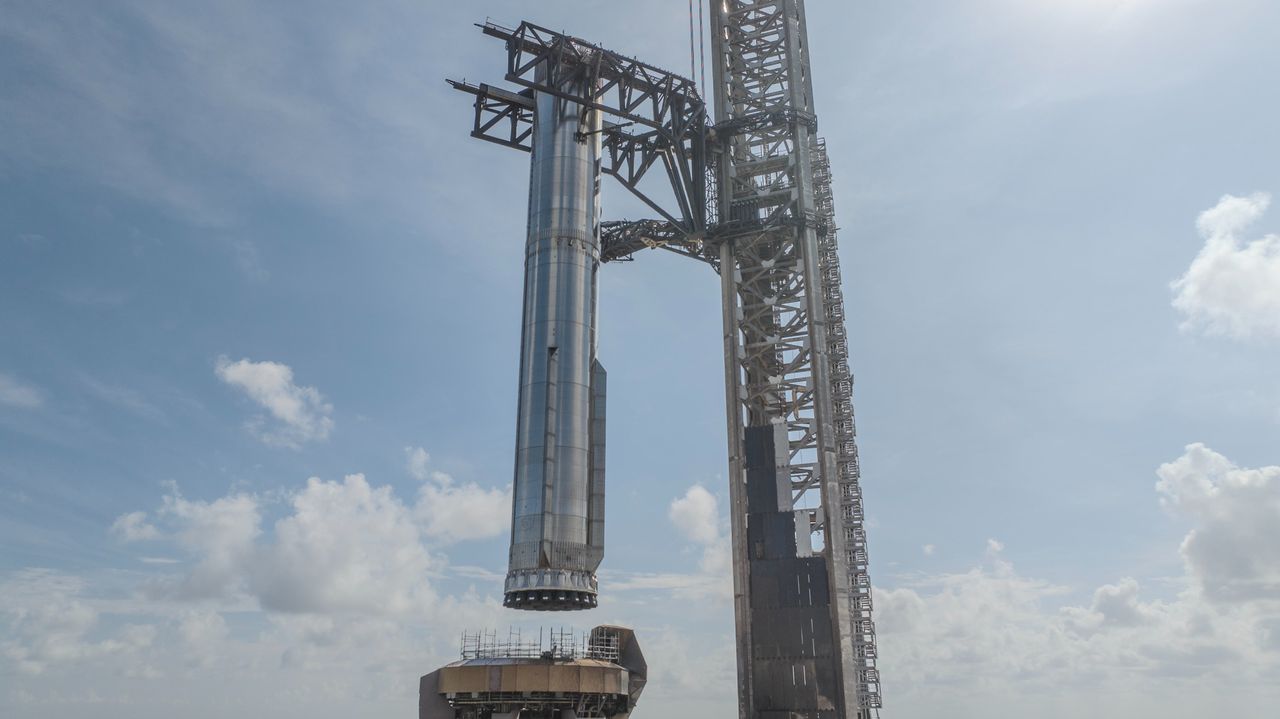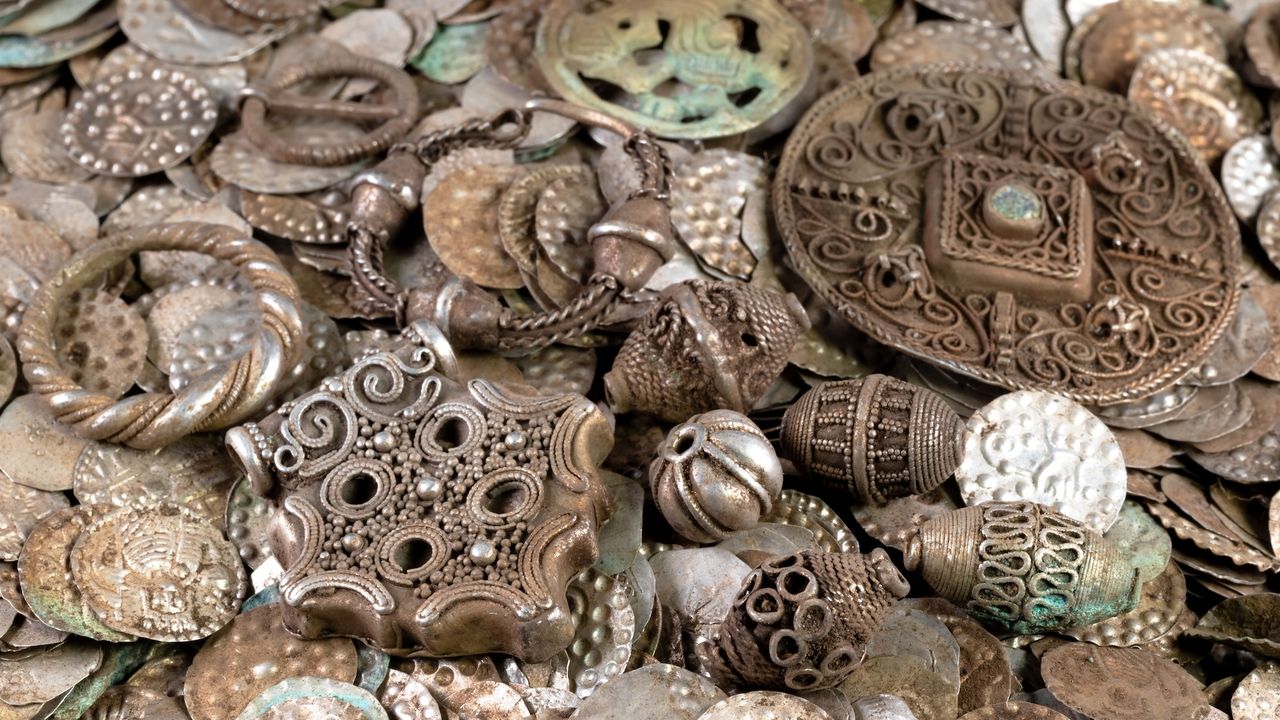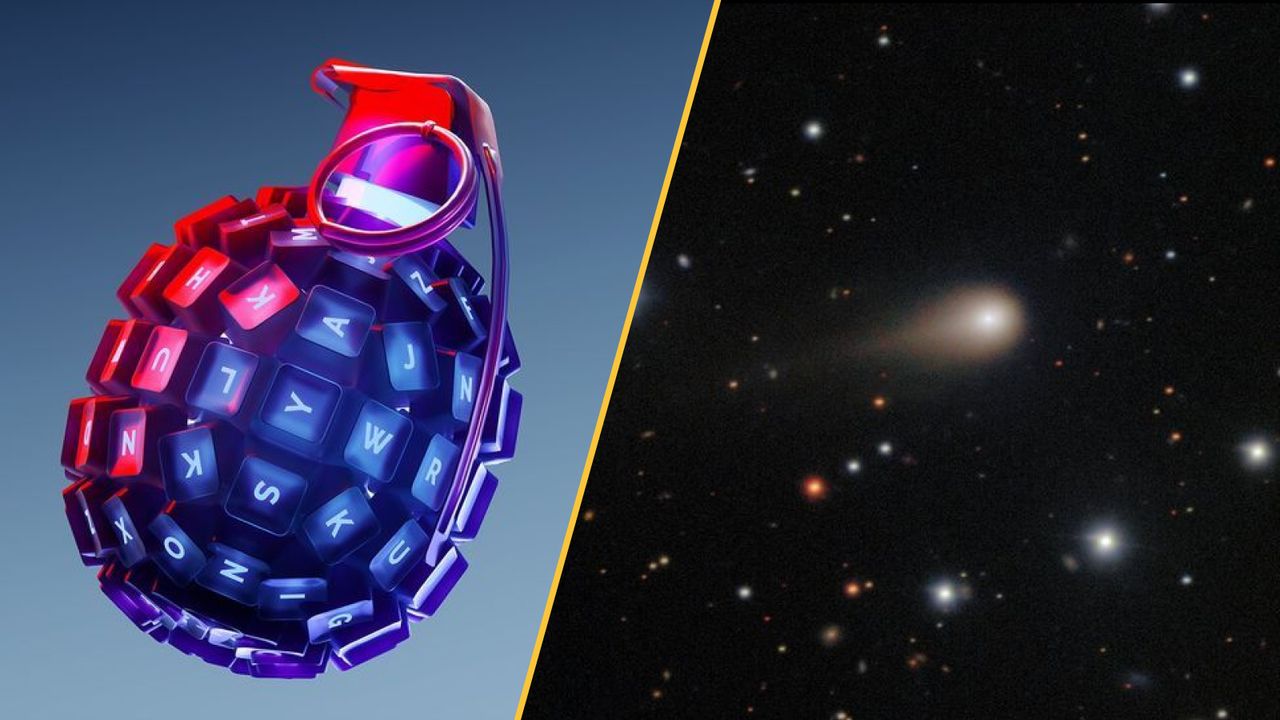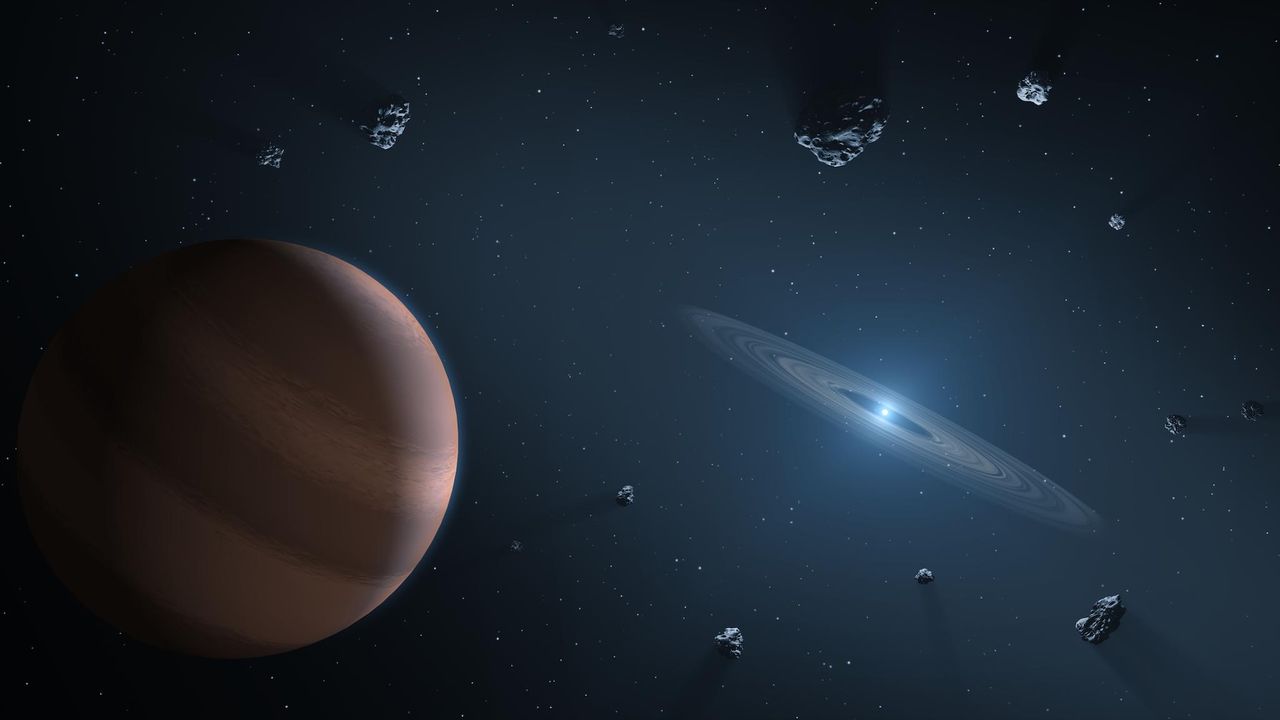Hannah Ritchie's new book on net zero is a breath of fresh air
PositiveScience

Hannah Ritchie's new book, 'Clearing the Air,' offers an optimistic perspective on the net-zero transition, tackling common misconceptions about climate change with data-driven insights. This book is significant as it not only informs readers but also empowers them to understand the complexities of climate action, making it a valuable resource in the ongoing conversation about sustainability.
— Curated by the World Pulse Now AI Editorial System






